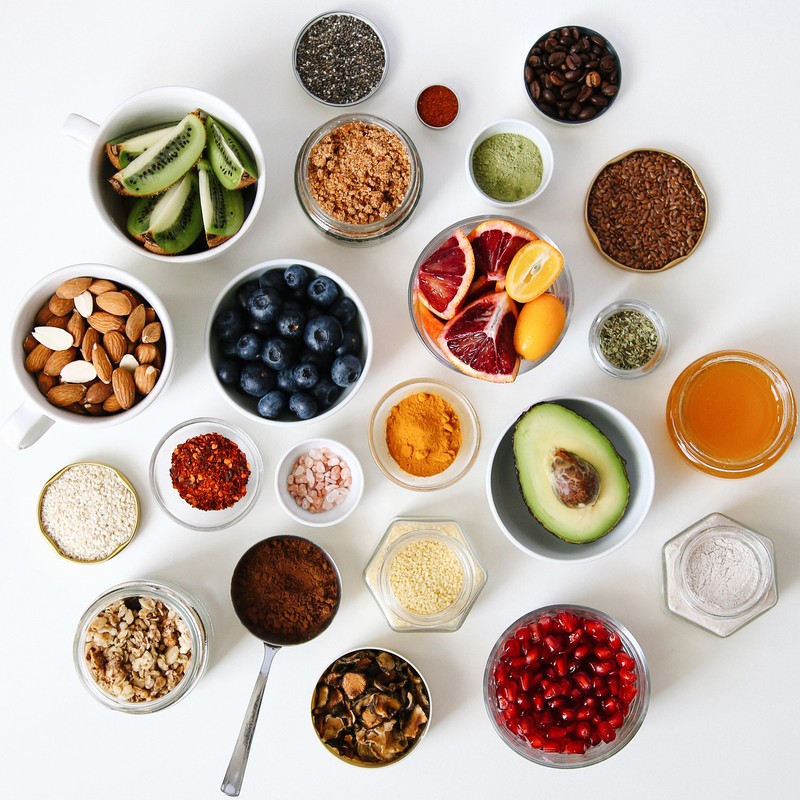
Inflammation 101: From Nutrition To Mental Health
There Are Different Types
“There are two types of inflammation, and both present themselves in very different ways. Acute inflammation is normally very obvious – for example, if you cut your finger, your body will react by sending blood cells to the area to heal the wound. The wound will temporarily become red, swollen and painful until your body gets on top of things. Chronic inflammation, however, is like a wound on the inside of the body that never heals. It’s a fire that needs to be put out, but many people don’t even know it’s there. Triggered by food, stress, viruses, alcohol and free radicals, the signs of chronic inflammation are varied and can be vague but include fatigue, brain fog, low mood and energy, headaches, bloating, tummy pain, heartburn, acne, rosacea and eczema, among others.” – Dr Johanna Ward, GP & functional medicine doctor
The Consequences Can Be Severe
“78% of deaths worldwide are linked to non-communicable diseases which stem directly from chronic inflammation. Chronic inflammation ‘turns on’ our weak genes and causes everything from cancer to Parkinson’s disease. These diseases tend to be genetic, which means the ‘bad’ genes some of us carry are triggered when we suffer from chronic inflammation. You cannot make your ‘bad’ genes disappear by following a healthy lifestyle, but you can switch them off by lowering inflammation levels.” – Yalda Alaoui, founder of Eat Burn Sleep
Your Gut Plays A Part
“When we talk about chronic inflammation, nutrition is vital. Many of us have a leaky gut, which means particles of food seep into the bloodstream; the body sees these as foreign pathogens and creates inflammation to fight them off. When we eat inflammatory foods, the inflammation in the body becomes chronic as the body is constantly fighting. Moreover, 70% of your immune system lives in your gut, so it makes sense that chronic inflammation can lead to diseases such as PCOS, IBS, psoriasis and arthritis. Mental health is also important as the vast majority of our neurotransmitters are located in the gut, so when you experience stress, this negatively impacts your gut flora, triggering further inflammation.” – Yalda
It’s Closely Linked To Stress
“Stress is a major factor in chronic inflammation as stress turns on the sympathetic nervous system, which raises cortisol and adrenaline levels, and switches off the parasympathetic nervous system, which is responsible for digestion and immunity. In a nutshell, chronic stress can lead to chronic inflammation.” – Yalda
If You Can, Go Natural
“When it comes to food, eat from the bottom of the food chain – if in doubt, aim to eat food that comes from the earth and not from a lab. The less processed a food is, the less inflammatory it is. Fill up your plate with colourful, plant-based foods such as leafy greens, sweet potatoes, carrots, peppers, avocados, mushrooms and berries, which are all potent anti-inflammatories. If you eat fish, focus on fatty, omega-3-rich fish like wild Atlantic salmon, mackerel and sardines.” – Johanna
… And Avoid Anything Processed
“The most inflammatory group of foods are convenience foods, which often contain damaged fats, emulsifiers, preservatives, high fructose corn syrup, and hidden salts and sugars. The main foods to avoid are fast and deep-fried foods, processed meats (think pepperoni, ham meats and sausages), refined carbs (including donuts, biscuits and pastries), high sugar foods (sweets, chocolate, soft drinks, cakes and cereals) and alcohol, which contains a toxin called acetaldehyde.” – Johanna
Turmeric Is Worth A Try
“Turmeric contains curcumin, which is a potent anti-inflammatory agent. Studies show curcumin can inhibit the body’s inflammatory response. Studies also show it can help in the management of exercise-induced inflammation and muscle soreness, thus enhancing recovery and performance. Early research also suggests curcumin can help in the symptoms of depression and anxiety, as well as pain and function in those suffering from arthritis. I rate Nutri Advanced’s Curcumin Megasorb.” – Sana Khan, nutrition consultant and founder of Avicenna Wellbeing
Where Possible, Eat Less Meat
“Studies show a diet that is dominant in animal meat can be pro-inflammatory, rather than anti-inflammatory. Therefore, make an effort to cut back on your meat consumption, instead eating plenty of grains such as brown rice and quinoa; nuts and seeds; nutrient-dense vegetables; and omega-3s.” – Sana
Supplements Can Help
“If your diet isn’t rich in foods like leafy greens, colourful vegetables and berries, consider taking a superfood supplement to boost your body and reduce inflammation. ZENii Superfoods is packed with antioxidants and polyphenols – just a couple of scoops per day is all you need. Also consider taking a clinical-strength probiotic to support gut health (try ZENii ProBiome Max) and a high-strength omega-3 supplement. Millions of us also suffer from low vitamin D levels, so consider taking 2000-4000iu of vitamin D3 daily, which will help protect the body and immune system.” – Johanna
Cooking From Scratch Is Best
“Cooking meals from scratch is the single most important thing you can do to improve your nutrition and reduce inflammation. Cooking meals at home is a wonderful way to increase nutrient and antioxidant levels, and reduce your intake of inflammatory ingredients found in packaged foods. A typical Western lifestyle can easily steer you towards highly inflammatory foods – in fact, many of the ‘healthier’ ready meals and snacks available on our shelves are highly processed and contain excessive quantities of flavour-enhancing ingredients. Cooking from scratch will allow you to bypass this, and know exactly what’s going into each of your meals. Aim for a colourful plate with every meal you have.” – Ellie Woodhouse-Clarke, nutritional therapist and yoga teacher
Your Lifestyle Might Need An Overhaul
“Lifestyle traits associated with inflammation include over-exercising (things like spin classes and excessive cardio can put too much strain on women’s bodies; instead, reduce intense cardio and take up strength training), fasting and relying on caffeine for an energy fix.” – Jodie Brandman, nutritional therapist
It’s Worth Analysing Your Toxin Exposure
“Exposure to toxins like heavy metals, pesticides and chemicals in skincare products can be hard for the body to deal with, and end up putting strain on your organs, which in turn creates inflammation. You may want to consider including liver-supporting herbs like milk thistle in your diet to pull toxins out, along with opting for organic food and natural skincare and cleaning products.” – Jodie
Sleep Is So Important
“Studies have shown that not getting enough sleep can raise markers of inflammation in the blood. A lack of sleep also increases sugar cravings, and weakens the immune system, all feeding into a negative cycle. Make sure you’re getting eight hours of sleep a night and try to go to bed before 10pm when you can, after which cortisol can set you off on a ‘second wind’.” – Jodie
Upping Your Veg Always Helps
“Aim to eat seven portions of vegetables daily, and always aim for variety – this is a fantastic way to reduce inflammation and support the body’s natural healing processes. When meal planning, aim to ‘eat the rainbow’ to ensure you’re getting the full spectrum of vitamins and minerals. If you’re struggling to eat more vegetables, try adding handfuls of leafy greens to sauces and stews; consider dishes like ratatouille, vegetable curries and soups; and batch-cook where you can so you can freeze portions and serve when you’re under time pressure.” – Ellie
Give your body a helping hand with these expert-approved formulas…
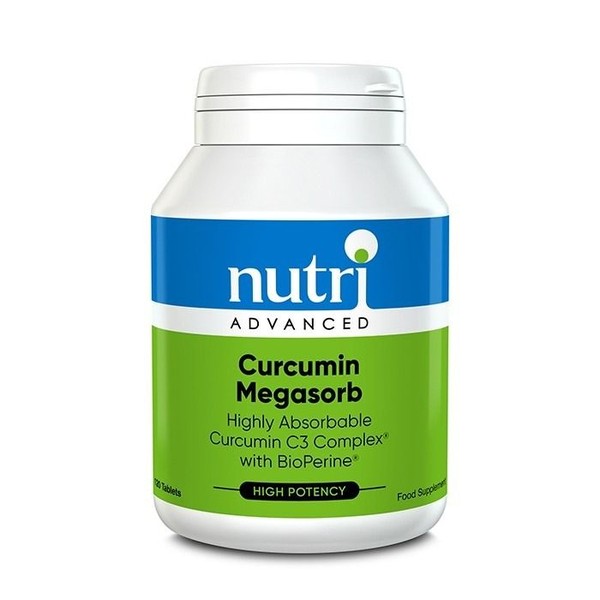
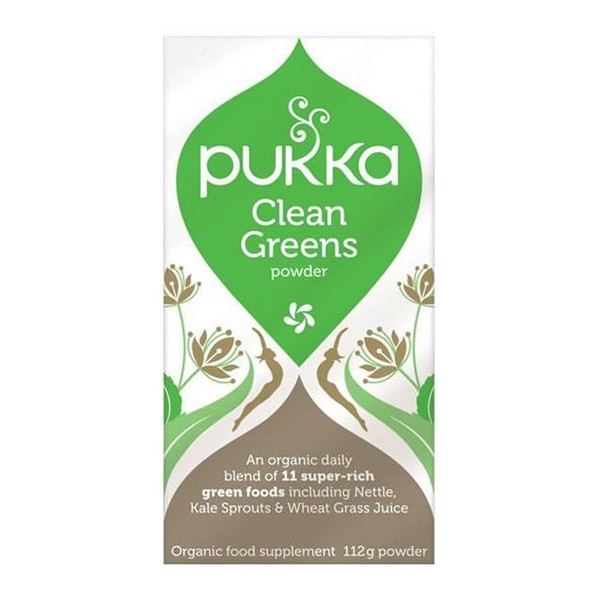
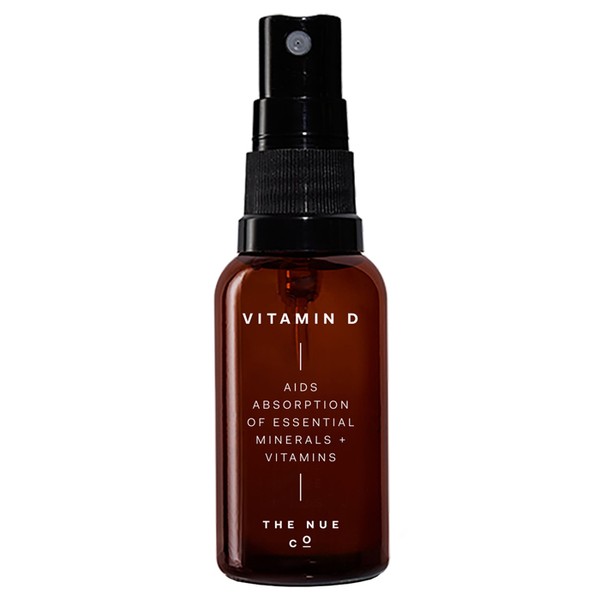
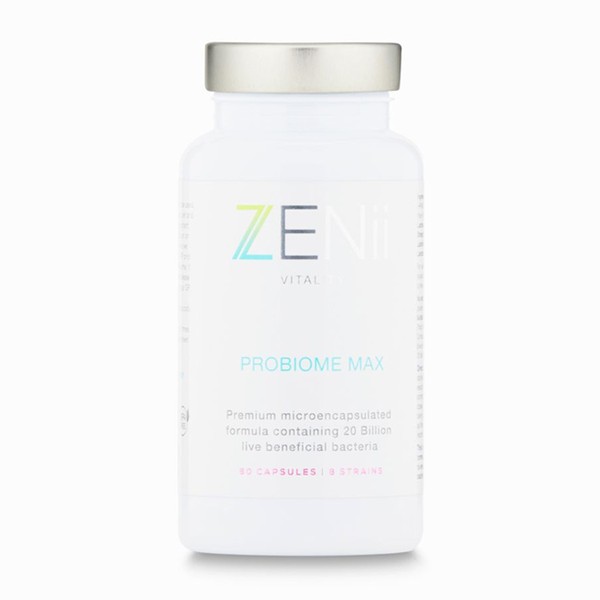
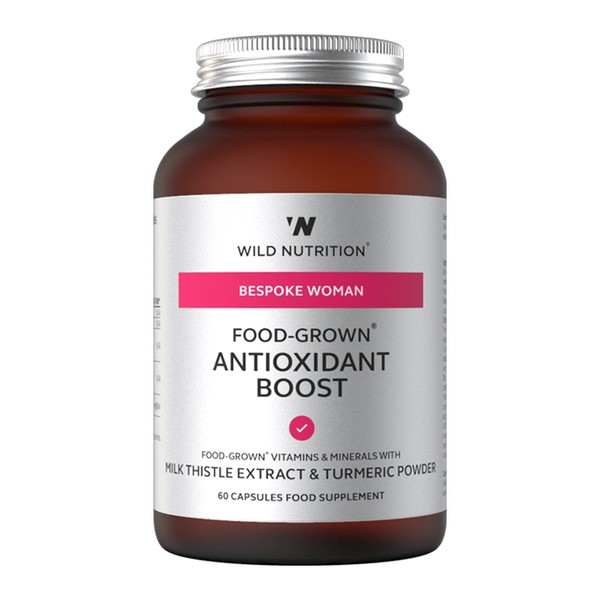
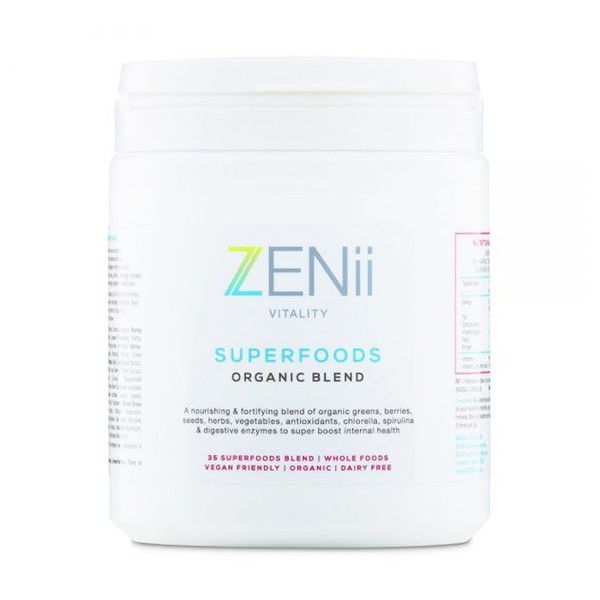
For more information visit EatBurnSleep.com, ZENii.co.uk, AvicennaWellbeing.com, EllieClarkeWellbeing.com, and JodieBrandman.com.
DISCLAIMER: *Features published by SheerLuxe are not intended to treat, diagnose, cure or prevent any disease. Always seek the advice of your GP or another qualified healthcare provider for any questions you have regarding a medical condition, and before undertaking any diet, exercise or other health-related programme.
DISCLAIMER: We endeavour to always credit the correct original source of every image we use. If you think a credit may be incorrect, please contact us at info@sheerluxe.com.

